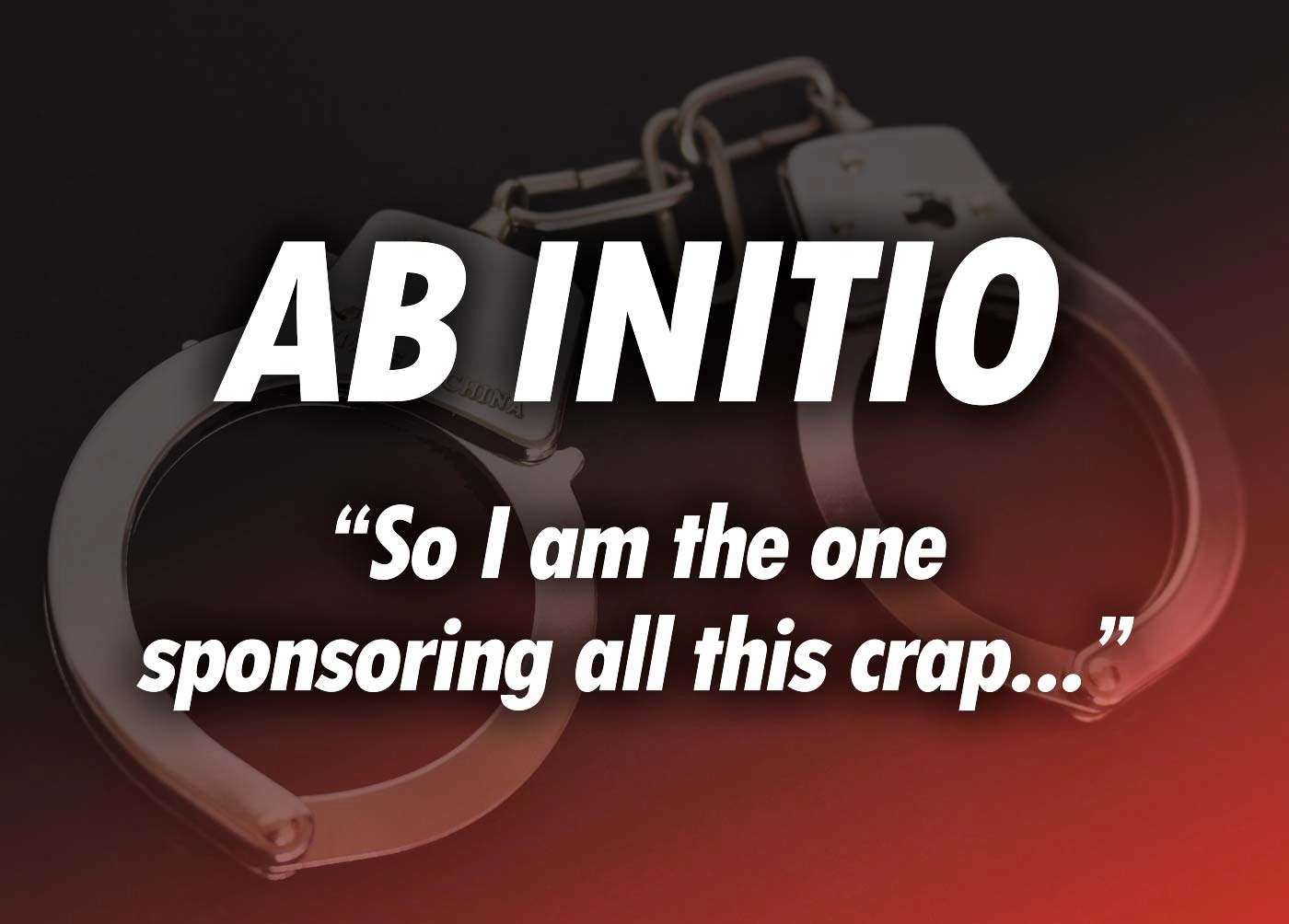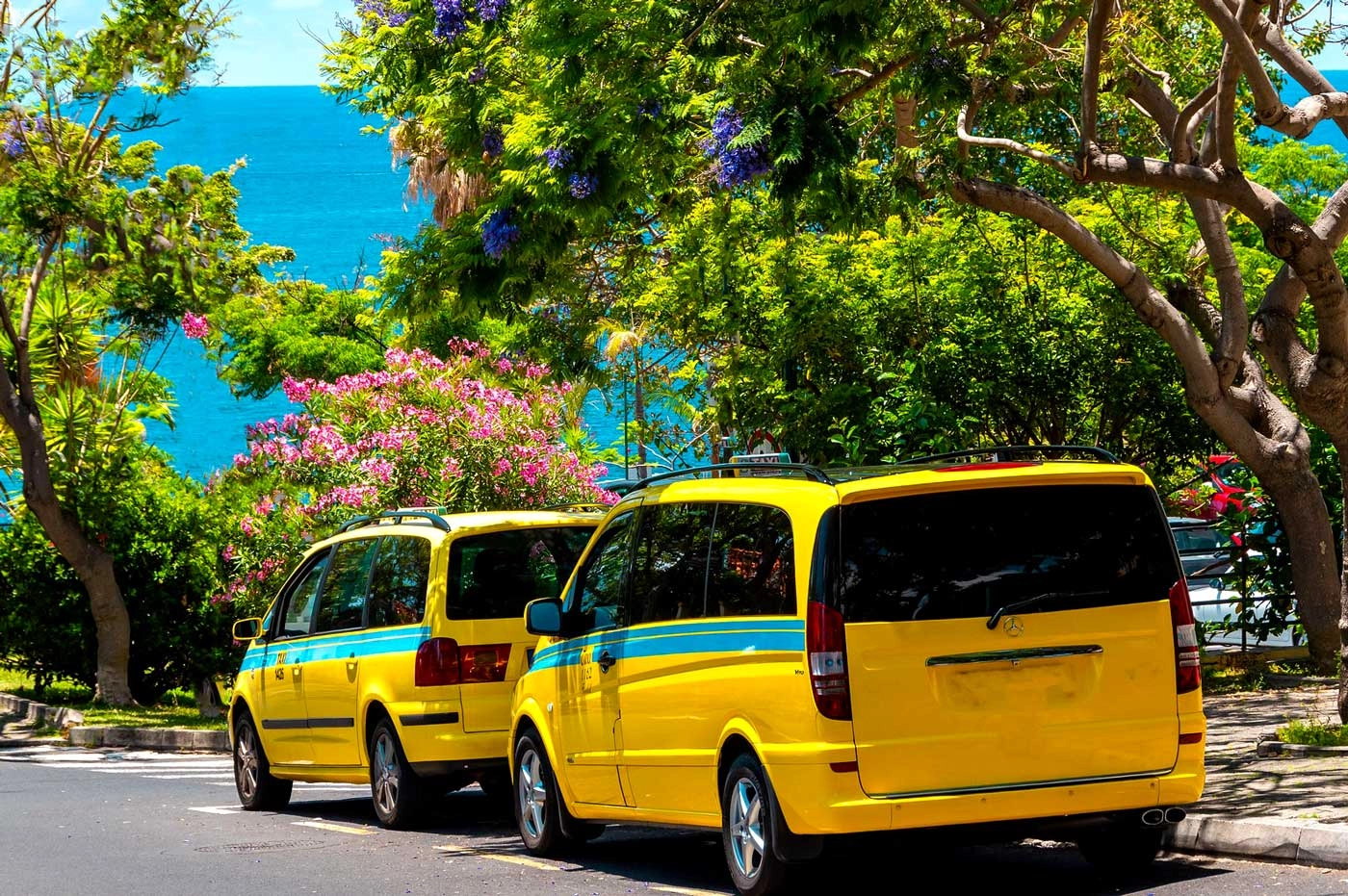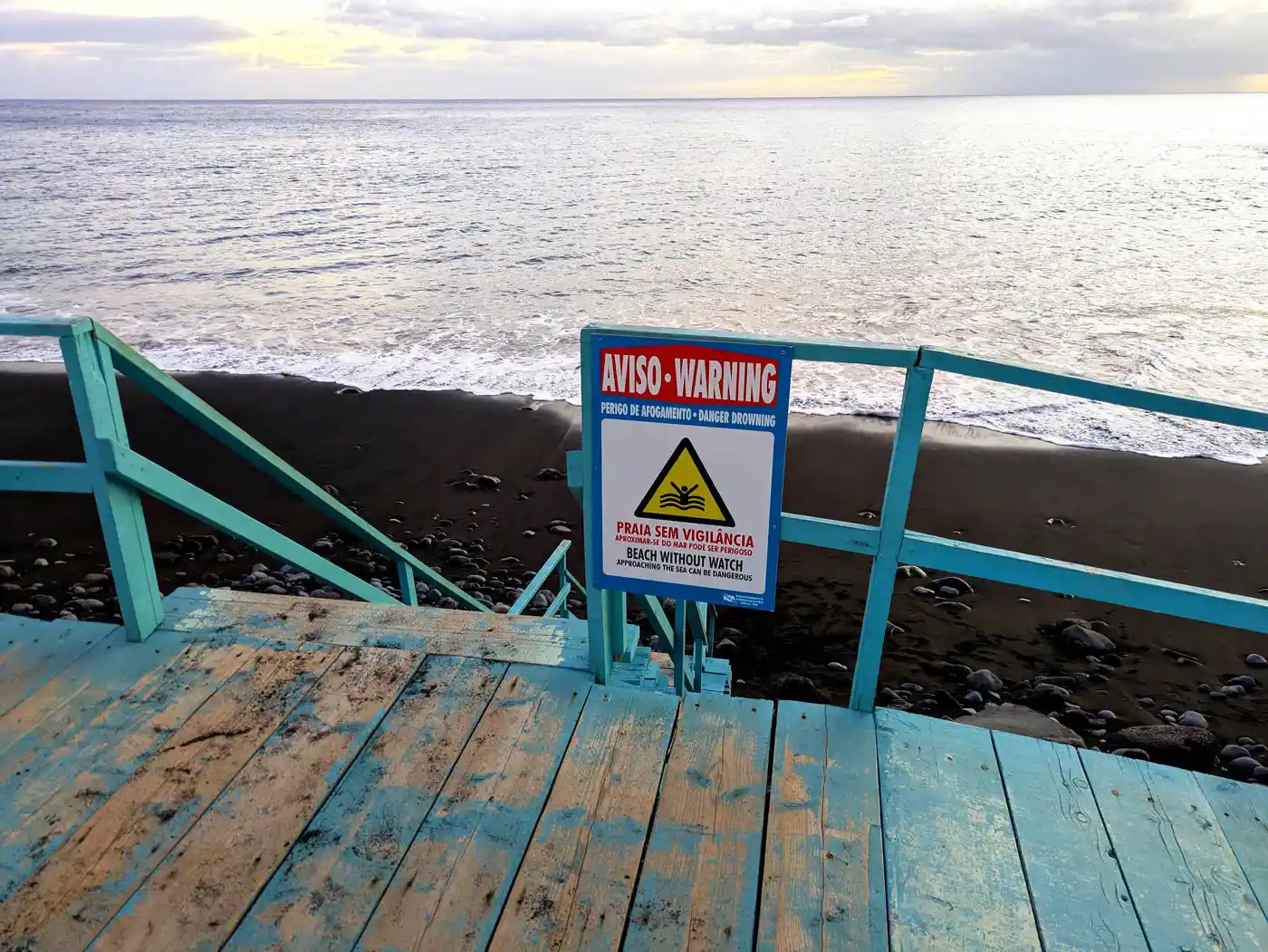A President Under Investigation - Still in Power, Still Ambitious
Miguel Albuquerque, President of the Regional Government of Madeira since 2015, says he considers running for re-election in 2029 - even though he is still formally named a suspect in many different criminal cases, among them corruption or abuse of power.
Despite this, Albuquerque insists: “I will continue in office. I have no problem with that because, in my conscience, I know who I am and what I did”. Albuquerque enjoys both immunity from his position as president and additional protections as a member of the Council of State.
However, even if the President of the Regional Government has not requested the lifting of his immunity, the court — based on the Public Prosecutor’s arguments — could have submitted such a request.
Destroying Public Trust in Democratic Institutions
Instead of taking responsibility and making steps towards clearing the accusations, Albuquerque spends much of his public speech blaming others. He argues that the accusations are baseless and unfair.
He goes further, attacking the justice system itself, comparing the investigation to an “inquisitorial process”(!) where guilt is assumed before a verdict.
This idea that the prosecution has the monopoly of truth goes against the Rule of Law," (…) "because only in an inquisitorial process does the accuser already know that they are making both the accusation and the conviction.
Miguel Albuquerque, Publico
By shifting attention away from the facts and onto supposed faults in the system, Albuquerque not only avoids engaging with the seriousness of the charges but also willingly destroys public trust in the very institutions that are meant to serve society and hold leaders accountable.
A President Who Weakens the Rule of Law
His statements call into question the legitimacy of Portugal’s legal system, while he continues to serve as the highest public official in Madeira. For a sitting president to publicly challenge the same institutions that guarantee the democratic process - is a direct contradiction and a democratic risk.
As head of a regional government within a democratic country, Albuquerque is expected to defend, not attack, the rule of law. But his frequent criticism of the judiciary and national institutions suggests otherwise.
Democracy Will Further Erode Unless the Sovereign Demands Accountability
Despite the controversies, Albuquerque keeps winning elections, and he does so big time. In March 2025, the PSD won again, securing a majority in the regional parliament. The people of Madeira - the true sovereigns - have re-elected him multiple times and dismissed concerns about the accusations, even after the criminal charges became public. And with reaching about 43% of the votes - the president is provided with the consequential power to continue and there is little hope to restrain him.
Frustration with National Politics - But No Self-Reflection
Albuquerque often criticizes political instability in Lisbon. He calls recent national politics chaotic and urges the country to find stability. “We are disconnected from European reality,” he said, pointing to external challenges like defense, technology, and security. But while he complains about the national scene, he says little about the impact of his own legal situation on political trust, responsible governance, or the region’s image.
Why Haven’t the Courts Acted?
Courts have the authority to request the lifting of Albuquerque’s immunity if the Public Prosecutor presents sufficient evidence. This procedure has been applied in comparable cases - most notably in late 2024, when the immunities of several officials in Madeira were revoked as part of the Ab Initio investigation following a formal request to Madeira's Legislative Assembly. Despite this precedent, no such request has been made in Albuquerque’s case, prompting questions about the judiciary’s inaction.

Eduardo Dâmaso On The Tragedy Of Madeira
Journalist Eduardo Dâmaso refers to the ongoing crisis as the Tragedy of Madeira, and vehemently attacks President Miguel Albuquerque for his complacent and self-serving leadership.

Ab Initio - Madeira Seeks Justice In Corruption Case
Ab Initio suggests a vast network of corruption and nepotism, extending to the highest levels of Madeira's government.
Albuquerque’s Grip on Power Raises Democratic Red Flags
Albuquerque is now 64. He says he may run again in 2029, depending on his health. He claims it is “too early” to talk about succession, but makes no plans to step aside for new leadership.
“If I feel well physically…” he said, leaving the door open, saying it’s premature to talk about leaving now.
As a leader facing multiple accusations, who publicly blames courts and institutions, and still wins elections, Miguel Albuquerque’s story raises more than legal questions. It raises deep concerns about political culture, voter responsibility, and the limits of democratic accountability.






Comments